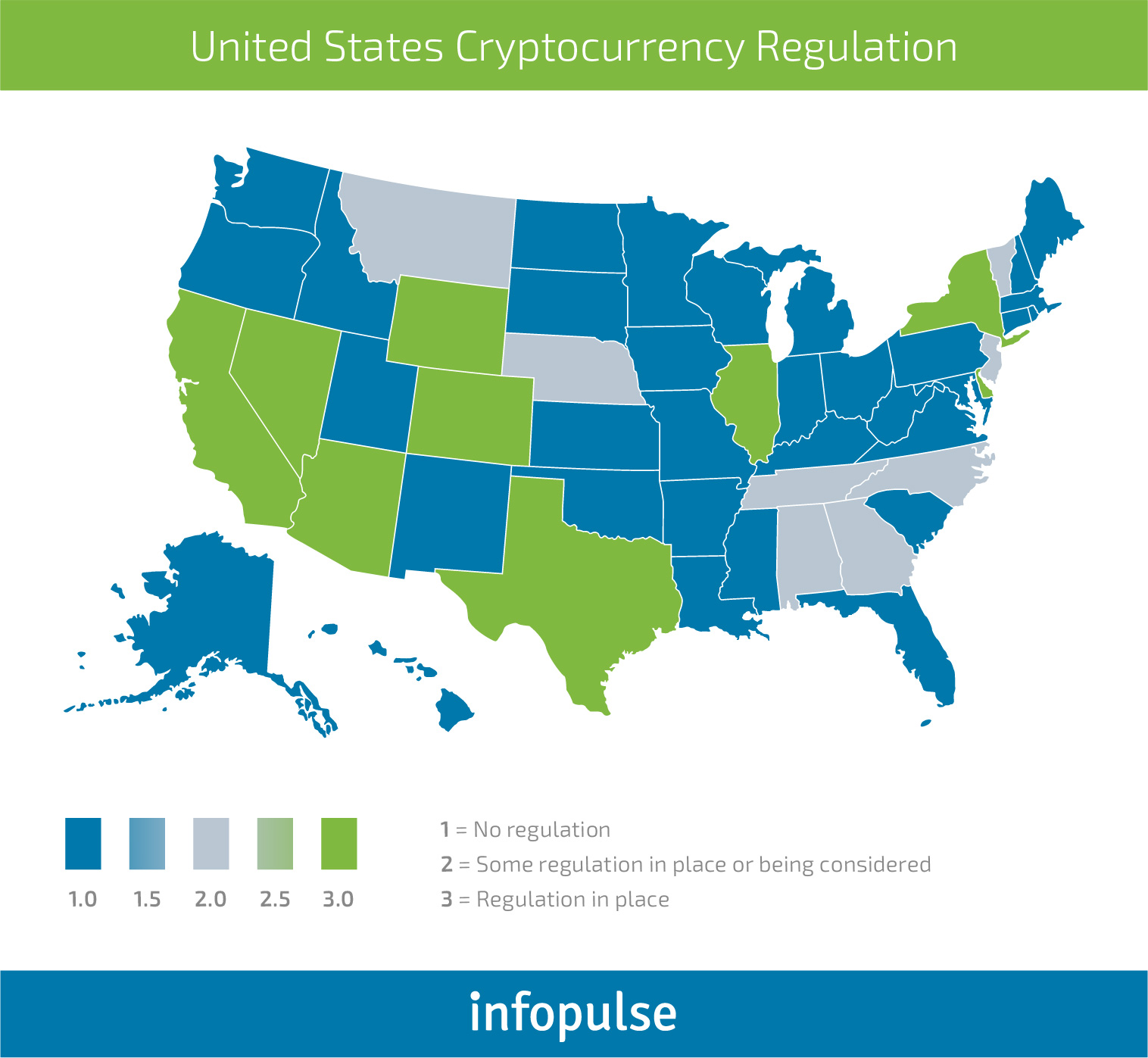
The Shifting Landscape of Cryptocurrency: Opportunities and Risks
NYSE’s Hesitation Amidst Regulatory Uncertainty
The New York Stock Exchange (NYSE) has expressed interest in entering the cryptocurrency trading arena, contingent on clearer regulatory frameworks in the U.S. During a recent panel at Consensus 2024 in Austin, NYSE President Lynn Martin highlighted that with definitive regulations, there is a substantial opportunity for traditional financial markets to embrace digital assets. She noted that the surging $58 billion in assets within U.S.-listed spot Bitcoin exchange-traded funds (ETFs) underscores the burgeoning demand for regulated cryptocurrency products.
“If there was clear regulatory guidance [in the U.S.], it would be an opportunity to look at,” Martin stated, emphasizing the need for the U.S. Securities and Exchange Commission (SEC) to recognize the success of Bitcoin ETFs in their decision-making processes.
The current regulatory landscape, which many perceived as stifling innovation, is slowly changing. With major players in traditional finance starting to offer crypto products, the intersection of traditional markets and digital finance is more pronounced than ever. Currency fluctuation and speculative trading, however, continue to pose challenges to this evolving ecosystem.
 New regulations could pave the way for the NYSE to embrace cryptocurrency trading.
New regulations could pave the way for the NYSE to embrace cryptocurrency trading.
Political Winds Shifting Towards Crypto
Recent political developments around cryptocurrency also illustrate a shifting tide. Tom Farley, CEO of the crypto exchange Bullish, articulated a significant shift in the political climate surrounding digital assets. He mentioned the removal of the anti-crypto chair of the Federal Deposit Insurance Corporation (FDIC) and the introduction of the Financial Innovation and Technology for the 21st Century Act (FIT21) in Congress as part of a broader trend favoring cryptocurrency adoption.
Farley noted, “Five years of evolution happened in five minutes,” reflecting how quickly attitudes towards cryptocurrency are evolving amidst changing political dynamics. With figures like Donald Trump vocalizing support for decentralization and less restrictive frameworks around cryptocurrency, actively engaging crypto enthusiasts ahead of upcoming elections, the stage is set for a potential breakthrough in how digital assets are regulated in the U.S. Regardless of who takes office in 2025, Farley believes that innovations in regulation will continue to shape the market positively.
Balancing Innovation with Security
While many financial experts are optimistic about the potential of blockchain technology, especially in making processes more transparent and efficient, there remain concerns regarding the security and volatility inherent in cryptocurrencies.
As highlighted by James Royal, an analyst with Bankrate, the emergence of meme coins amidst this climate presents unique risks. The recent surge in popularity of tokens like Dogecoin and others tied to internet culture reflects broader market trends but also underscores the speculative nature of these investments.
Meme coins, often buoyed by hype, can be particularly volatile, and Royal warns that traders might find themselves holding worthless assets if market sentiments shift. With figures soaring—Dogecoin increasing by around 14% and Pepe doubling its value since late April—investors must remain vigilant.
 The volatile nature of meme coins can lead to significant investment risks.
The volatile nature of meme coins can lead to significant investment risks.
Navigating the Risks of Cryptocurrency Investments
The distinction between cryptocurrency categories is crucial for discerning investors. The foundational asset, Bitcoin, was designed to function autonomously from traditional financial institutions, ensuring some level of security through its inherent scarcity, capped at 21 million coins. Altcoins, or alternative cryptocurrencies, vary widely in their design and purpose, sometimes lacking the stable backing that provides assurance for investors.
Royal cautions against investing in cryptocurrencies without thorough market research, particularly highlighting the importance of scrutinizing lesser-known projects. Notably, the Federal Trade Commission advises potential investors to actively seek out reviews and reports of investment schemes and tokens before diving into what could be financially perilous waters.
The Political Debate: Pro-Crypto vs. Regulatory Concern
The dialogue surrounding crypto has become increasingly polarized, particularly in light of Trump’s recent remarks about keeping regulatory oversight at bay. Elizabeth Warren, a prominent figure against crypto, argues for stricter regulations, emphasizing the risk of cryptocurrencies facilitating illicit activities. She suggests that without robust Anti-Money Laundering (AML) regulations, digital currencies could perpetuate criminal enterprise.
Warren’s stance is underpinned by alarming statistics indicating that significant sums have allegedly been funneled to terrorist organizations through cryptocurrency—reports suggest that groups such as Hamas and PIJ received over $134 million in crypto. This controversy highlights a critical balancing act: while many advocate for the innovative potential of blockchain technologies, others call for standards to protect against misuse.
 The political landscape surrounding cryptocurrency is evolving rapidly.
The political landscape surrounding cryptocurrency is evolving rapidly.
Conclusion: The Future of Cryptocurrency and Blockchain Technology
As the cryptocurrency space continues to evolve, it remains fraught with both opportunities and challenges. The push for clearer regulatory guidance could lead to a more integrated landscape where traditional finance and digital assets coalesce seamlessly.
As 2024 unfolds, stakeholders—from regulators to investors—must carefully navigate the shifting political landscapes and emerging trends within the digital asset ecosystem. The investment community should stay informed on both the benefits and risks associated with cryptocurrencies, making educated choices that can lead to sustainable growth and innovation.
In a world rapidly becoming more digitized, the fate of cryptocurrencies may hang in the balance of political will and regulatory clarity. With major political figures suddenly embracing the crypto narrative, the future looks both promising and uncertain, challenging everyone involved to adapt accordingly.















